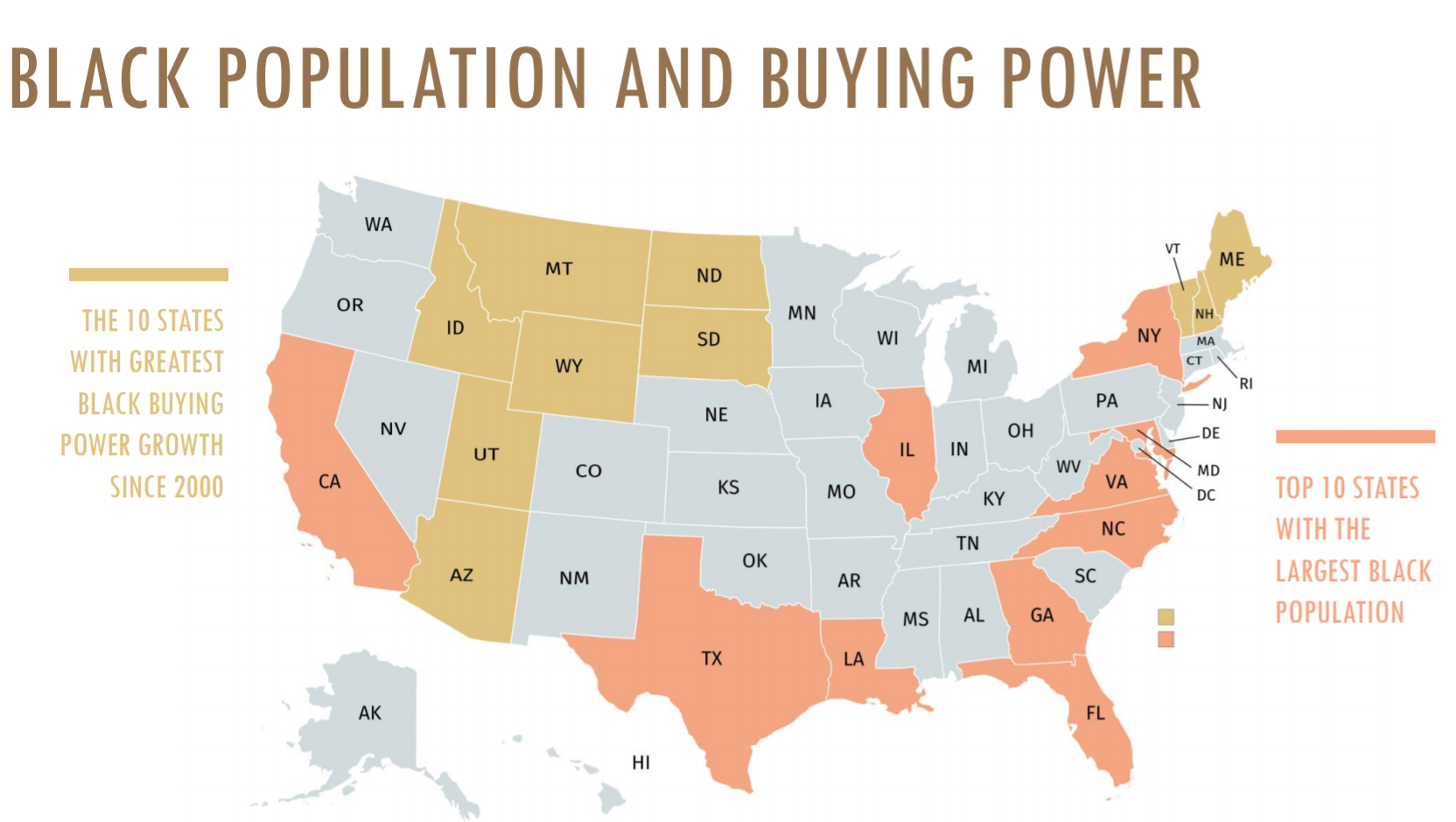It seems like America is finally opening its eyes to see that racial inequality still exists. Racial inequality certainly exists in education, employment, health-related sectors, and even consumer markets.
In recent years some black consumers took it upon themselves to exclusively shop local and buy black.
To explain further, African Americans make up just 14% of the U.S. population, yet we hold a buying power of $1.3 trillion.
We spend more money on multiple consumer categories. However, when some companies develop and market their products, they fail to consider the experience of today’s African American consumers.
Most importantly the question that arises
What would the financial impact look like if all black consumers counteracted and stopped spending money with top companies in certain categories?
Moreover, after reviewing Nielsen’s report on the Black Consumer’s Path to Purchase, it’s safe to say: many of today’s most popular companies would experience a substantial loss in profit.
For instance, the total spend on women’s fragrances is $679.4M out of which, $152M is black spend. That is to say, almost 22% of the total spend is done by black. Likewise, in men’s toiletries, the total spend is $308.3M, and $62M is black consumer’s spend.
Now let’s take a look at these 9 key players and their potential loss without black consumers.
- Loreal Paris: $7.8B
- Unilever products: $10.7B
- Procter & Gamble: $14.2B
- Omaha Steaks: $63.9M
- PepsiCo: $14.2B
- S.C Johnson: $1.6B
- The J.M. Smucker Company: $1.2B
- Nestle: $1.4B
Nielsen’s 2019 “Diverse Intelligence Series” on African Americans states that black Americans are already dominating various industries. Likewise, black millennial moms absolutely have the power to influence and set trends for other races.
In short, diversity drives innovation, and black people have proven time and time again that we are innovators.
What is the impact of black buying power on the consumer’s category?



